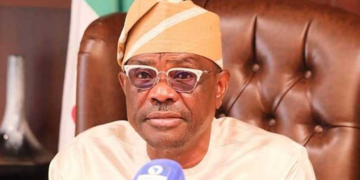The Private Sector Alliance for Accelerated CNG Adoption (PRACNG) has urged the Presidential Compressed Natural Gas Initiative (PCNGI) to shift focus from public relations to solving Nigeria’s deepening supply crisis.
The group’s call comes in response to recent comments by the PCNGI Programme Director, Engr. Michael Oluwagbemi touted exponential growth in Nigeria’s CNG infrastructure, citing an increase from 20 to 65 operational stations.
PRACNG, however, says these figures mask a more pressing reality—many stations remain non-functional due to a lack of gas supply.
“The issue is not visibility, but viability,” the group stated.
“Dear Michael, you can’t fix a fuel crisis by building empty stations,” said the PRACNG Convener. “Abuja’s nozzles are dry, not missing.”
According to PRACNG, fewer than 30% of CNG stations in the capital have gas on any given day, with long queues, dry pumps, and widespread frustration among motorists. The group blames poor logistics and unreliable supply chains from mother stations like Ajaokuta.
“CNG stations without gas are just expensive sculptures,” the group said, warning that infrastructure expansion without a stable supply is futile.
PRACNG is now calling for data-driven reforms and private-sector collaboration to address the root causes of the crisis. It stresses that the CNG dream will remain unfulfilled until Nigeria resolves the dysfunction in its supply chain.











